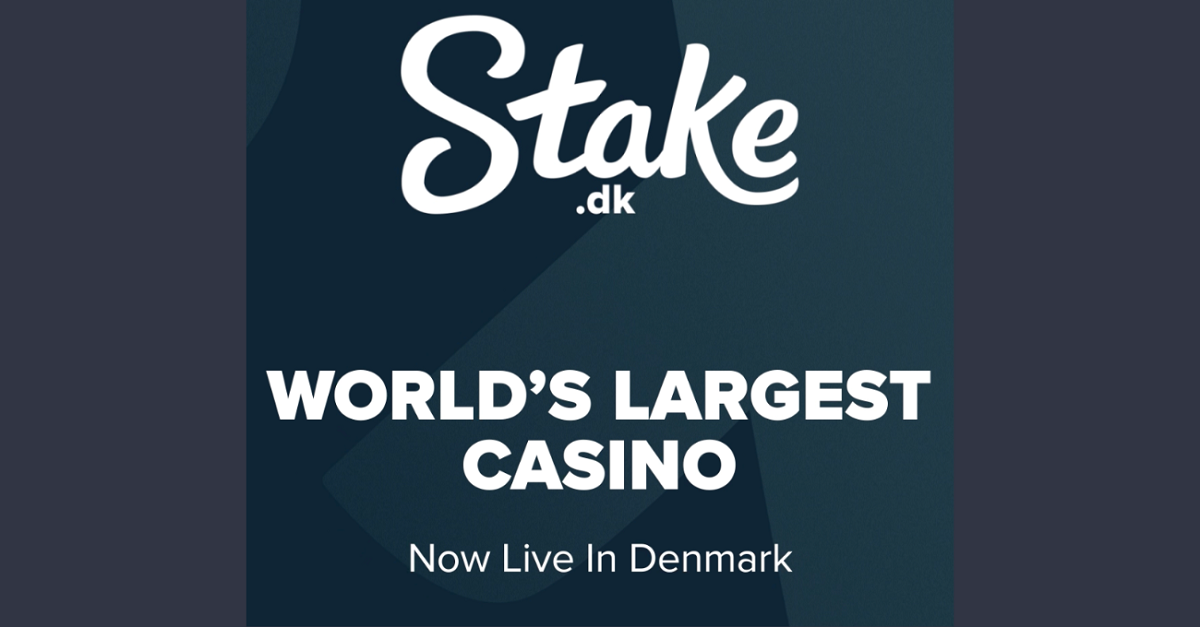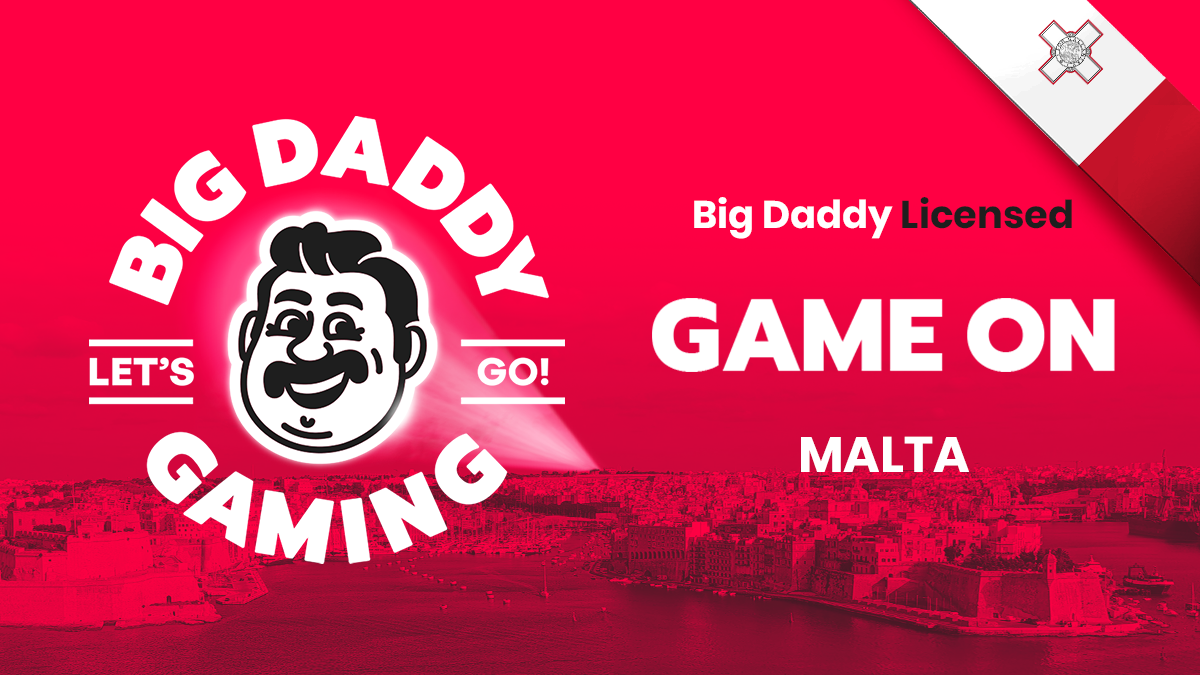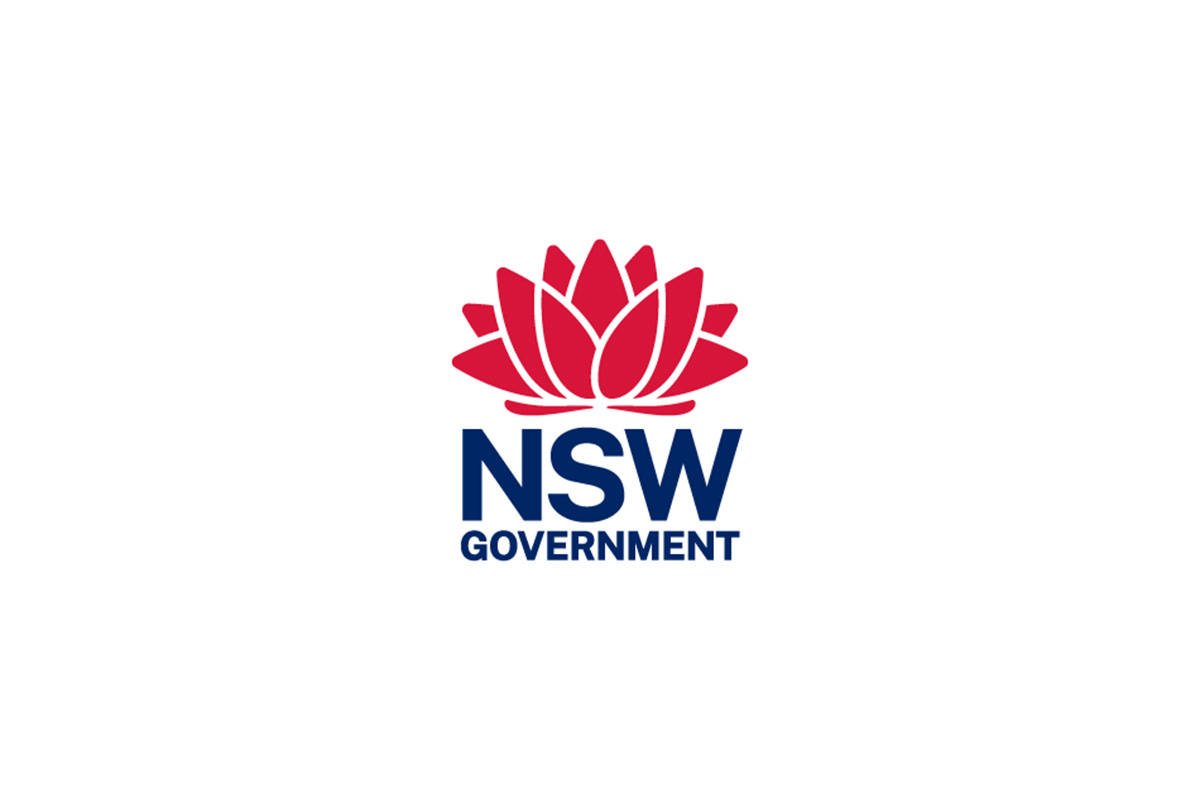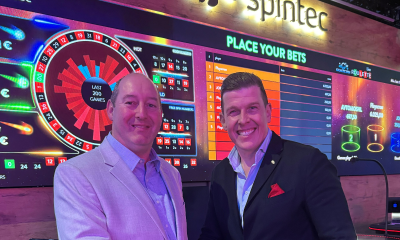Compliance Updates
SOFTSWISS Poised to Become First Certified Software Provider in Brazil

SOFTSWISS, a global leader in the iGaming technology with over 15 years of experience, is on track to secure certification for its Casino Platform and Sportsbook in Brazil. The certification process, conducted by an authorised testing laboratory, is currently underway. As the process unfolds, SOFTSWISS shares insights into the critical requirements for success in the burgeoning Brazilian market.
Last year, SOFTSWISS obtained GLI-19 and GLI-33 certifications, providing a solid foundation for meeting Brazil’s regulatory standards. However, the Brazilian market has its distinct regulatory demands. Through close consultations with certifying laboratories, SOFTSWISS has identified key priorities set by the Brazilian Government, including player registration, Know Your Customer (KYC) protocols, and responsible gambling practices.
Andrey Starovoitov, Co-CEO at SOFTSWISS, comments: “We view Brazil as a highly promising region and are encouraged by the progress in local regulation as well as by the proactive efforts of local authorities to refine and enhance the existing legal framework. The stringent requirements for gambling software emphasise responsible gambling and public protection, which regulators aim to balance effectively with business interests. It’s clear that the Brazilian Government is working diligently to maintain the appeal of white labelling within this market, ensuring a healthy environment for both operators and players.”
Enhanced Registration Processes
One of the standout features of Brazil’s regulatory approach is its emphasis on a robust registration process designed to mitigate potential risks for both players and operators. Notably, the regulation requires new players to provide a CPF number (Brazilian Individual Taxpayer Registry Number) during registration. The system verifies the number to prevent users from creating multiple accounts as well as guarantees that registrations are made with accurate personal details, reducing fraud risks.
This measure will be crucial in preventing underage gambling, protecting self-excluded individuals, shielding operators from bonus abuse through account multiplicity, and enabling the government to monitor tax compliance on winnings.
Stringent KYC Protocols
Brazil’s regulatory framework is also expected to introduce enhanced KYC procedures. Specific user actions, such as password resets or profile updates, may require additional verification steps. A possible implementation is a liveness check, necessitating technical upgrades to most existing platforms. This approach ensures higher security and compliance, safeguarding both operators and end-users.
Commitment to Responsible Gambling
Responsible gambling is a top priority for the Brazilian regulator. Currently, the regulator is formulating a comprehensive set of requirements that will empower players to control their gaming activities. These features must be seamlessly integrated into gaming platforms, reflecting the government’s commitment to protecting players and promoting a safe gambling environment.
Given its extensive expertise in this area, SOFTSWISS is well-positioned to meet these requirements. With a strong track record in maintaining high security standards, the company has demonstrated its capability by helping operators secure around 6 million euro through its Anti-Fraud team in H1 2024. These efforts have not gone unnoticed; SOFTSWISS has been recognised with multiple industry accolades, such as SiGMA Africa Awards, for its commitment to responsible gambling, solidifying its reputation as a leader in this field.
Earlier this year, as part of its strategic expansion in Brazil, SOFTSWISS appointed legendary F1 driver Rubens Barrichello as its Non-Executive Director in Latin America. Barrichello, renowned for his success in the highly competitive world of motorsport, brings invaluable expertise in navigating cutting-edge technology and innovation. His involvement also ensures that SOFTSWISS benefits from his deep understanding of the Brazilian market and integrates a local perspective into its product development.
About SOFTSWISS
SOFTSWISS is an international tech company supplying software solutions for managing iGaming projects. The expert team, which counts over 2,000 employees, is based in Malta, Poland and Georgia. SOFTSWISS holds a number of gaming licences and provides one-stop-shop iGaming software solutions. The company has a vast product portfolio, including the Casino Platform, the Game Aggregator with thousands of casino games, the Affilka affiliate platform, the Sportsbook Platform, and the Jackpot Aggregator. In 2013, SOFTSWISS was the first in the world to introduce a Bitcoin-optimised online casino solution.
The post SOFTSWISS Poised to Become First Certified Software Provider in Brazil appeared first on European Gaming Industry News.
Brais Pena Chief Strategy Officer at Easygo
Stake Goes Live in Denmark Following Five-Year Licence Approval

Stake, the largest online casino and sportsbook globally, today proclaims its official entry into Denmark after obtaining a five-year online casino and sports betting license. The shift reinforces Stake’s enduring dedication to enhancing its global growth strategy.
Denmark is often seen as a regulatory success within the European online gambling scene, and Stake has now introduced its flagship, internationally recognized product to the Danish market. Players will unlock access to Stake’s top-tier casino and sportsbook, showcasing exceptional games, cutting-edge technology, and an exceptional user experience, all provided with a strong local emphasis.
Starting 1 March 2026, Stake Denmark will set up its new headquarters at Parken Stadium, the national football stadium of Denmark and the home ground for FC Copenhagen.
Peter Eugen Clausen, Managing Director at Stake Denmark, said: “Denmark has one of the most well-regulated and competitive gaming markets in Europe, and that’s exactly what makes it so exciting. With Stake’s arrival, Danish players can expect a fresh, world-class experience backed by global scale and strong local focus. We’re raising the bar in terms of product, transparency, and entertainment, and I believe increased competition from brands like Stake will only drive the market forward in a positive way.”
Brais Pena, Chief Strategy Officer at Easygo, the technology company behind Stake, said: “Denmark marks our entry into the Nordics and represents a clear win in one of Europe’s most mature and high-value markets. With each new market, our momentum continues to build as we deliver on our global expansion strategy.”
Since its inception in 2017, Stake has positioned itself as the top betting and gaming brand globally by continually presenting advanced technology and novel gaming experiences for players around the globe. Upon entering Denmark, Stake maintains its dedication to player safety and responsible gaming, guaranteeing that gambling stays enjoyable, secure, and entertaining by providing extensive tools and resources that assist customers in comprehending and monitoring their gambling behavior.
The post Stake Goes Live in Denmark Following Five-Year Licence Approval appeared first on Eastern European Gaming | Global iGaming & Tech Intelligence Hub.
Big Daddy Gaming
Big Daddy Gaming® Expands European Footprint After MGA Licence Approval

New achievement bolsters regulatory framework as studio speeds up European expansion.
Innovative slots studio Big Daddy Gaming® has obtained a B2B supplier license from the Malta Gaming Authority (MGA), representing a significant advancement in the studio’s plan to establish a solid, regulation-focused presence in Europe’s leading markets.
This accreditation allows Big Daddy Gaming to provide its expanding range of slot titles to MGA-licensed operators, greatly increasing the studio’s potential market and aiding its continuous commercial rollout in regulated territories.
The endorsement comes after Big Daddy Gaming’s recent attainment of regulatory approval from the Swedish Gambling Authority. This occurs during a time of significant early progress for the newly established studio, with multiple partnerships already in place with well-known operators and aggregators, highlighting the provider’s dedication to fostering long-lasting relationships with top-tier brands.
As a vital element of Big Daddy Gaming’s strategy for market entry, the studio has made certain that its technology, games, and operational procedures comply with one of Europe’s most stringent regulators.
The license further aids the ongoing launch of Big Daddy Gaming’s initial games, which are centered on the studio’s fundamental creative principle of Reel Fun. Real Value., merging recognizable, player-friendly features with a comedic angle, aimed at achieving high engagement and evident commercial success for operators.
The MGA approval signifies a crucial point in Big Daddy Gaming’s early business path, solidifying its role as a new studio dedicated to regulation, dependability, and sustainable growth while it broadens its presence in Europe’s regulated markets.
Erland Hellström, CEO at Big Daddy Gaming®, said: “Securing our MGA licence is an important step for us as we continue to build Big Daddy Gaming® with regulation at the forefront. From day one, our focus has been on creating a studio that operators can trust, both creatively and operationally.
“Malta is one of the most respected regulatory environments in the industry, and achieving this approval reflects the work our team has put into building compliant, market-ready slots. Combined with our recent progress in Sweden, it gives us a strong platform to continue scaling our content with confidence.”
The post Big Daddy Gaming® Expands European Footprint After MGA Licence Approval appeared first on Eastern European Gaming | Global iGaming & Tech Intelligence Hub.
Australia
NSW: Hospitality and Racing Strategy 2026-28 and Regulatory Priorities 2026

Liquor & Gaming NSW has published the Hospitality and Racing Strategy 2026-28, setting a clear path for reducing harm, supporting responsible industry growth and meeting evolving community expectations. The Strategy outlines Hospitality and Racing’s vision, regulatory posture and strategic objectives.
It outlines three strategic objectives which will guide the work to support communities, individuals and the industry. The first is targeted harm reduction, using better data, education and engagement to focus on the areas where we can make the biggest difference.
The second is outcome‑focused, responsive regulation, by making use of streamlined, place‑based and community‑informed approaches that deliver meaningful, real-world outcomes.
Third is promoting modern tools, skilled teams and smart decisions, investing in its capability, improving how it uses data and supporting consistent decision making across hospitality and racing.
Regulatory Priorities 2026
Alongside the new strategy, Liquor & Gaming NSW has also issued its Regulatory Priorities 2026. This sets out where the department will be focusing its regulatory attention over course of the year. It provides transparency on Liquor & Gaming’s forward regulatory agenda and gives the industry the opportunity to proactively engage about the issues they are concerned about.
The post NSW: Hospitality and Racing Strategy 2026-28 and Regulatory Priorities 2026 appeared first on Eastern European Gaming | Global iGaming & Tech Intelligence Hub.
-

 Amusnet5 days ago
Amusnet5 days agoWeek 7/2026 slot games releases
-

 Aphrodite’s Kiss5 days ago
Aphrodite’s Kiss5 days agoLove on the Reels: Slotland Introduces “Aphrodite’s Kiss”
-

 Denmark6 days ago
Denmark6 days agoRoyalCasino Partners with ScatterKings for Company’s Danish Launch
-

 Baltics6 days ago
Baltics6 days agoEstonia to Reinstate 5.5% Online Gambling Tax From March 1
-

 Brino Games5 days ago
Brino Games5 days agoQTech Games integrates more creative content from Brino Games
-

 Booming Games6 days ago
Booming Games6 days agoTreasure Hunt Revival — Booming Games Launches Gold Gold Gold Hold and Win
-

 ELA Games6 days ago
ELA Games6 days agoELA Games Unveils Tea Party of Fortune — A Magical Multiplier Experience
-

 Bet Rite6 days ago
Bet Rite6 days agoSpintec Expands into Canada with Bet Rite































